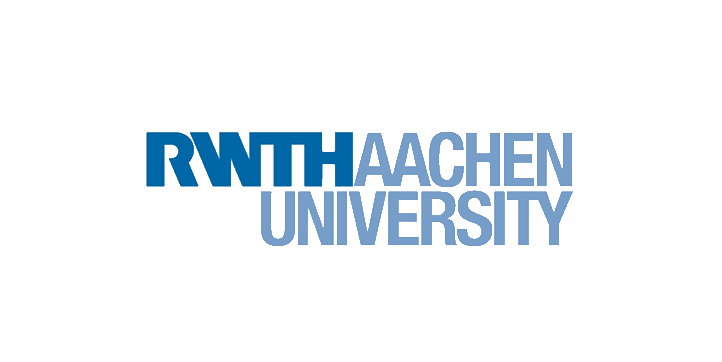RWTH: Research on renal failure and the digital twin street
Two Collaborative Research Centers / Transregio, in which RWTH Aachen University is involved, will be set up or extended. This was decided by the Approval Committee of the German Research Foundation at its most recent meeting. Collaborative research areas enable the processing of innovative, demanding and long-term research projects in a network. In doing so, they promote the development of priorities and structures at the applicant universities.
The Collaborative Research Center / Transregio 219 – “Mechanisms of Cardiovascular Complications in Chronic Renal Insufficiency”, established in 2018, has been extended by a second phase. The speaker is now Professor Joachim Jankowski from the Chair for Molecular Cardiovascular Research at RWTH. Patients with chronic kidney failure show an increased risk of developing cardiovascular disease. Around 50 percent of these patients suffer from this, and cardiovascular deaths make up around 40 to 50 percent of all deaths of those affected. However, the molecular mechanisms and mediators involved have not yet been adequately investigated. The aim of the research is therefore to investigate multifactorial aspects of cardiovascular mortality caused by kidney disease.
The Collaborative Research Center / Transregio 339 is being set up with the title “Digital twin street – physical and informational mapping of the system ‘street of the future’”. The host university is the Technical University of Dresden; the co-applicant RWTH coordinator was Professor Markus Oeser. Until a few weeks ago he headed the Aachen Chair for Roads and is now President of the Federal Roads Institute. RWTH’s contact person is Professor Jörg Blankenbach from the Geodetic Institute and Chair for Building Informatics and Geographic Information Systems. From January 2022, research is to be carried out with the help of a spatially and temporally multi-dimensional, digital image of the vehicle, tires and road, the reality model “digital twin road”.

